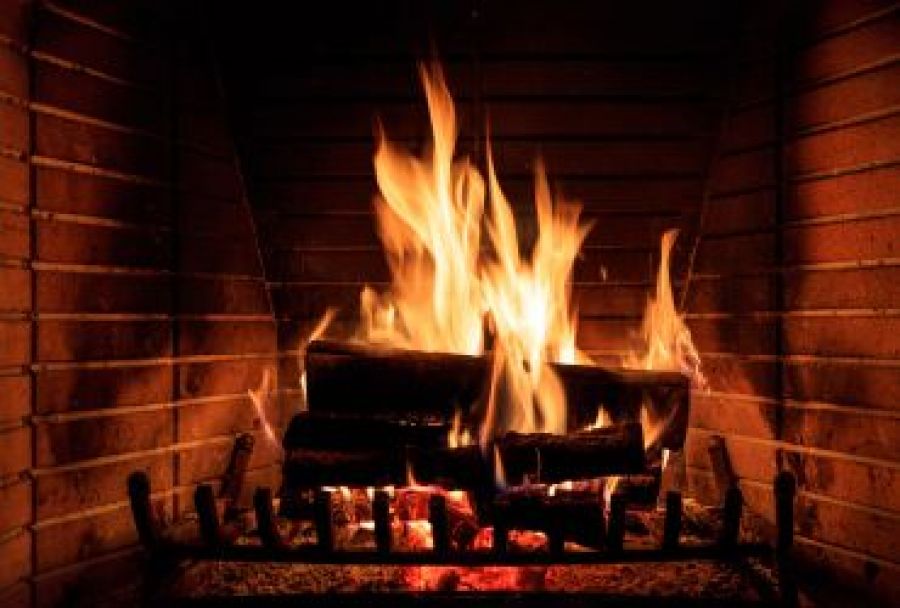It’s Getting Cold Out There

It’s Getting Cold Out There!
The wind is howling, you’ve broken out the coat and mittens, staying buried under blankets in the morning seems more and more appealing…it’s officially that time of year again! With the weather as nice as it is here in Arizona, it’s easy to forget about things like furnace and water heater maintenance. As much as we would like to pretend it’s sunny and beautiful year-round here in Tucson, we can’t deny that when it’s cold, it’s COLD. A broken water heater or furnace is definitely an inconvenience while the temperatures are low, but more importantly, it’s a safety issue. There can be severely dangerous outcomes of a water heater or furnace malfunctioning, so for that reason proper use and maintenance are key.
In our August 1st entry, we talked about how a water heater works and what could cause it to malfunction. For more the full article, click here. For now, here are the highlights of that entry:
A water heater is like a giant teapot. How quickly you have hot water is dependent on four factors:
1) The water temperature
2) The amount of water
3) How much heat is applied to the water
4) The type of heat being applied
These four factors work together in a delicate balance, and if knocked out of equilibrium, can lead to catastrophic incidents like a water heater explosion. Things that can knock these factors out of balance and thus cause a major incident are improper installation, lack of maintenance, and leaks and malfunctions. The sediment that builds in the bottom of your tank over time also is a major contributor to water heater issues. In order to avoid any accidents caused by malfunction, be sure to have a professional perform a safety check on your water heater and drain the sediment from it at least once a year. Additionally, water heaters should be replaced every 10 years, so if yours is older than that, it’s time to get a new one!
While making sure that your water heater is serviced seems just like one more thing to add to the never-ending list of chores that come with being a homeowner, the aftermath caused by 40 gallons of boiling water shooting in every direction is well worth avoiding. And, if your water heater is gas powered, having that safety inspection could help save you and your family from carbon monoxide poisoning due to any gas leaks.
We’ve gone over what can happen when things go wrong with a hot water heater but what about with a furnace? In the worst-case scenario, explosion or fire can result from fuel leaks or excessive heat buildup due to faulty or malfunctioning parts. If you have a gas furnace, like most people, carbon monoxide poisoning to you and your family can also happen if there are any gas leaks. These are some pretty serious risk factors here.
The way a furnace works is pretty simple. In a gas powered furnace, the air is warmed up inside the furnace by a pilot light and several burners that heat what’s called a heat exchanger. Basically, the heat exchanger is a chamber in which the air is heated to the temperature specified on the thermostat, and from there is blown through the vents of your home. The heat exchanger is only found in a gas furnace. With an electric furnace, however, the air is heated by a series of conductive coils.
While it all sounds pretty straight forward, furnaces have a lot of components that can break, and any diagnosis or repair should be conducted by professionals only. As with anything, regular maintenance can help keep your furnace running the best it can. Having a professional change your furnace’s filter monthly (unless otherwise specified by the manufacturer) and conduct a safety inspection annually can help keep you and your family safe from dangers like fires and explosions! Furnaces have a life expectancy of around 15 years, so be sure to replace it as needed!
When it comes to water heaters and furnaces, the old adage applies: an ounce of prevention is worth a pound of cure! Cummings Plumbing Heating and Cooling is committed to the safety of you and your family. Check out our winter special below, and as always, call today for a FREE plumbing safety inspection.
On standby waiting to help you with a FREE Quote right now!
Recent Posts
CATEGORIES





